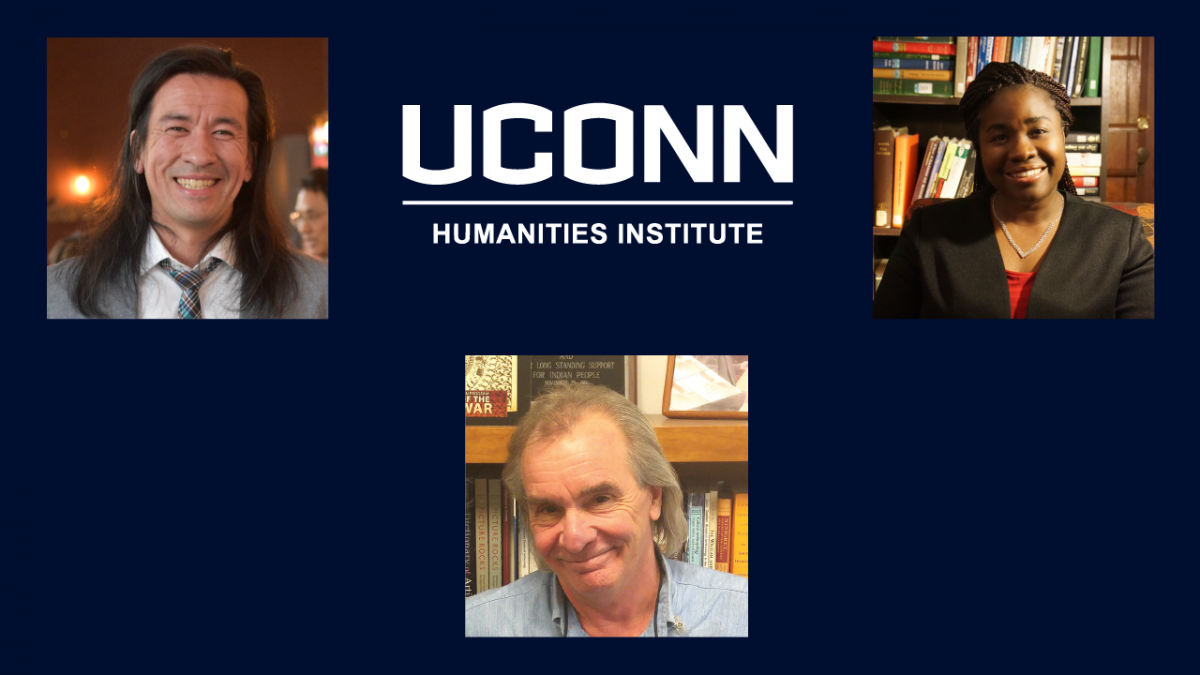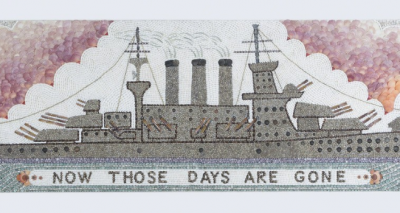UCHI is honored to announce the winner of the Sharon Harris Book Award for 2024:
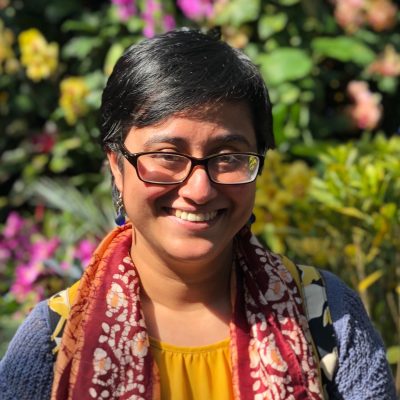
Debapriya Sarkar
Associate Professor, English, UConn
for her book
Possible Knowledge: The Literary Forms of Early Modern Science (Penn Press, 2023)
The Sharon Harris Book Award Committee notes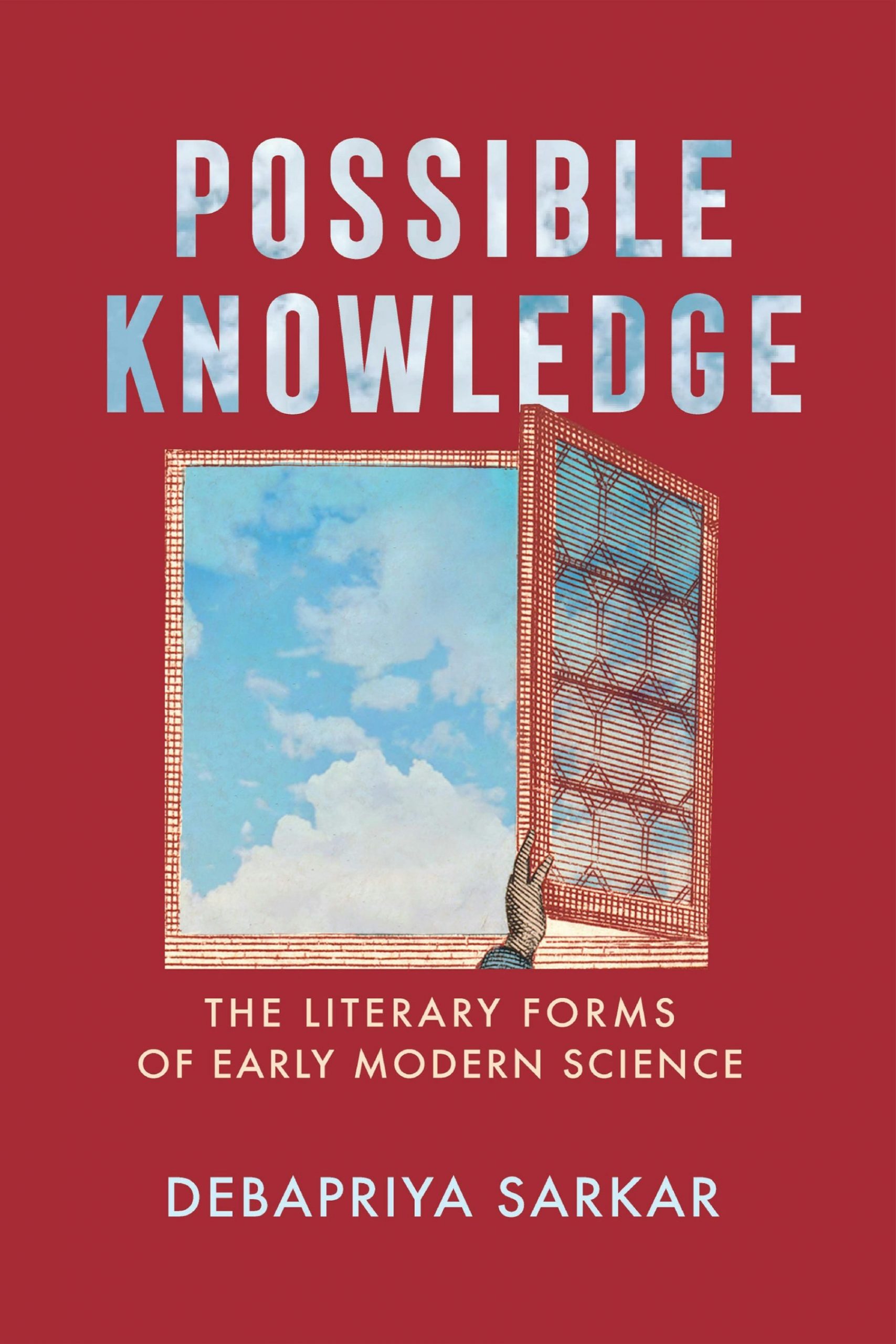 , “Possible Knowledge brilliantly foregrounds literature as an imaginative and epistemological form, re-conceptualizing literary works that remake reality. A work of broad interdisciplinary relevance, it prompts its readers to reconceive the history of science as a history of the imagination by understanding poeisis, literary making, as a philosophical as well as literary endeavor. The result is at the same time a vigorous defense of the importance of imaginative arts for the creation of knowledge and a demonstration of the enduring relevance of the humanities. It will broaden the mind of its readers.”
, “Possible Knowledge brilliantly foregrounds literature as an imaginative and epistemological form, re-conceptualizing literary works that remake reality. A work of broad interdisciplinary relevance, it prompts its readers to reconceive the history of science as a history of the imagination by understanding poeisis, literary making, as a philosophical as well as literary endeavor. The result is at the same time a vigorous defense of the importance of imaginative arts for the creation of knowledge and a demonstration of the enduring relevance of the humanities. It will broaden the mind of its readers.”
Honorable mention:
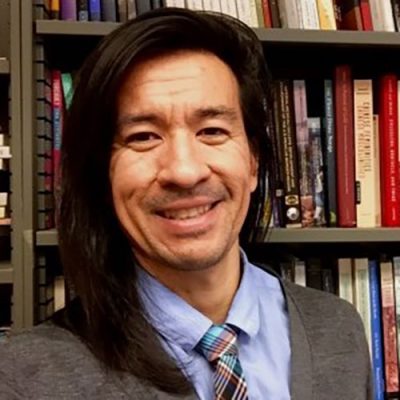
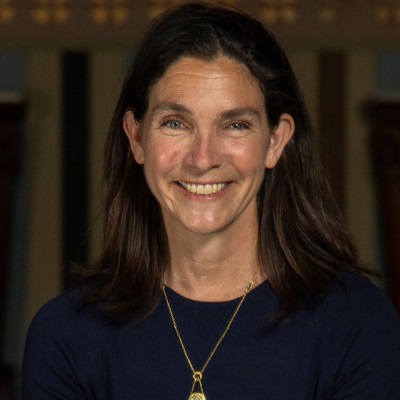
Jason Oliver Chang
Associate Professor, History & Director, Asian and Asian American Studies Institute, UConn
and
Alexis Dudden
Professor, History & Asian and Asian American Studies, UConn
for their book
The Cargo Rebellion: Those Who Chose Freedom (PM Press, 2023)
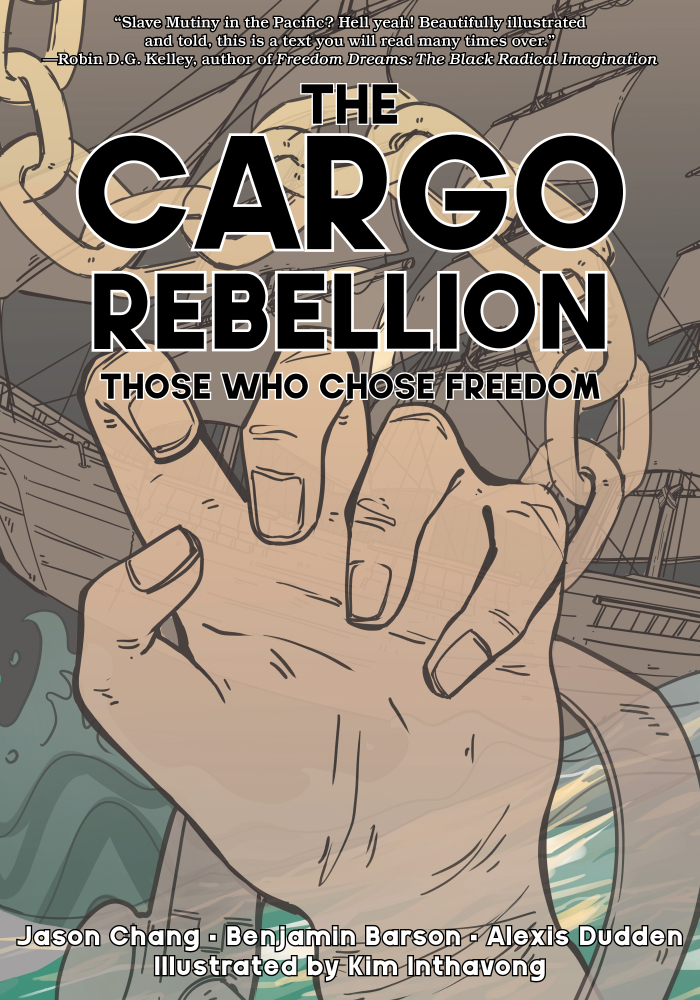 The Sharon Harris Award Committee notes, “The Cargo Rebellion is an innovative combination of scholarly research and accessible writing that breaks new ground in reaching young audiences. We felt this engaging translation of intellectual expertise offered a fresh model for humanistic and artist collaboration.”
The Sharon Harris Award Committee notes, “The Cargo Rebellion is an innovative combination of scholarly research and accessible writing that breaks new ground in reaching young audiences. We felt this engaging translation of intellectual expertise offered a fresh model for humanistic and artist collaboration.”
We thank the award committee for their service. The Sharon Harris Book Award recognizes scholarly depth and intellectual acuity and highlights the importance of humanities scholarship. The 2024 award was open to UConn tenured, tenure-track, emeritus, or in-residence faculty who published a monograph between January 1, 2021 and December 31, 2023.
